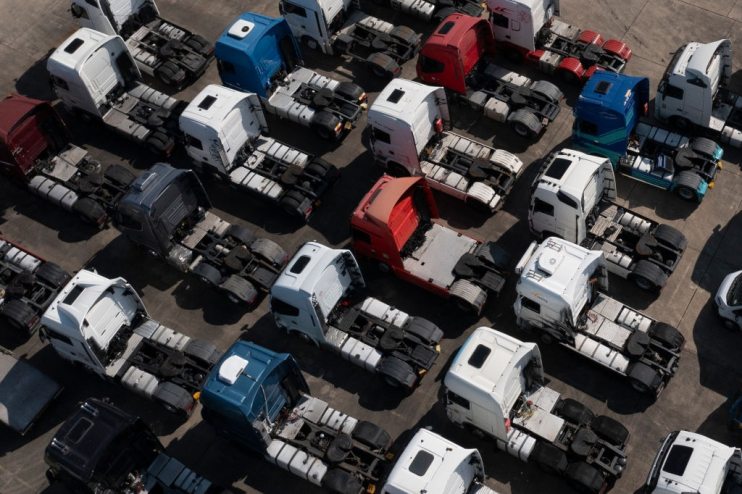Better connectivity will remove 750,000 lorries off Britain’s roads

Improving transport connectivity in the UK could save up to 27.8 megatonnes of CO2 emissions by 2035, the equivalent of taking 750,000 lorries off the country’s roads.
In a report published today, communications industry analyst Assembly showed that connectivity will play a huge part in the UK’s transition to carbon neutrality.
Directly enhancing the connectivity of road transport with connected and automated vehicles will lead to a decrease in traffic congestion and pollution, while making other means – including trains – more efficient will remove cars off the streets.
The quicker connectivity is rolled out all around the country, the faster Britain will meet its net zero carbon pledges, add researchers.
“The UK is rightly seen as having world leading ambition when it comes to addressing the climate crisis and achieving net zero,” Assembly’s principal analyst and founder Matthew Howett said. “The telecoms industry should be seen as a precious ally of the government given what connectivity can do for all verticals, but transport in particular.
“The pandemic has given us a glimpse of what is possible if we rely more on connectivity, it must now be central to our Covid-19 recovery and path to net zero.”
Commissioned by Huawei, the report also highlighted how remote working could help the country achieve its environmental goals by contributing to a 5 per cent reduction of the country’s transport emissions. Remote working will cause employees to go from 545kg of CO2 produced annually to 3.4kg.
“We believe that technology is where many of the answers to reducing CO2e emissions will lie but with the climate crisis already upon us, there is no time to waste in ensuring these solutions are provided for as many as possible,” Huawei’s vice president Victor Zhang said.
“The UK needs to move faster in adopting the best available connectivity technology.”